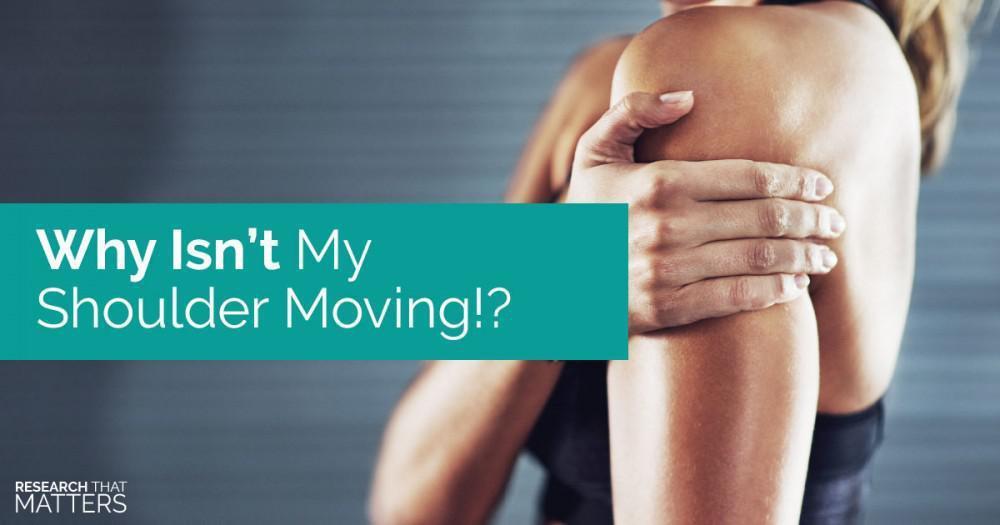
All joints live on a spectrum with High Stability on one end and High Mobility on the other, you can’t have both! The shoulder is arguably the most mobile joint in our bodies, which also means it is the least stable. But what does this mean for the shoulder? This means that it is highly susceptible to injury, especially in a car accident, where research shows they occur in almost 22% of cases.
The shoulder is composed of 3 primary parts: the humerus (upper arm), scapula (shoulder blade), and clavicle (collar bone). These are held together by a number of ligaments (which hold bones together tightly) and muscles and tendons (which attach muscles to bone), in particular the rotator cuff.
The rotator cuff consists of 4 delicate muscles that can easily become injured. But could cause a shoulder injury in a car accident? Here are a few things which may do so:
- While seatbelts are incredibly important and save lives, they can cause minor injuries such as bruising, or damage to the shoulder where they come across it over the chest.
- During an accident forces will travel up your arms holding the steering wheel to your shoulder, possibly causing damage
- Depending on the impact, your should can directly strike the window, and airbag, object, or even another passenger, injuring the area.
When the shoulder becomes injured and is left alone without treatment for some time, it can lead to a “frozen shoulder.” Frozen Shoulders have greatly decreased range of motion and get tired and sore easily. Luckily your Premier Gilbert Clinic, Better Chiropractic, can manage this kind of injury with astounding results, sometimes getting back more than 90% of your range of motion in even extreme cases.
If you have had shoulder pain since an accident (or even if you have shoulder pain at all!) come into Better Chiropractic for a free consultation to see what we can do for you!
Science Source:
Injury mechanisms in supraclavicular stretch injuries of the brachial plexus. Hand Surgery and Rehabilitation. 2016. Whiplash injury of the shoulder: Is it a distinct clinical entity? 2005.




